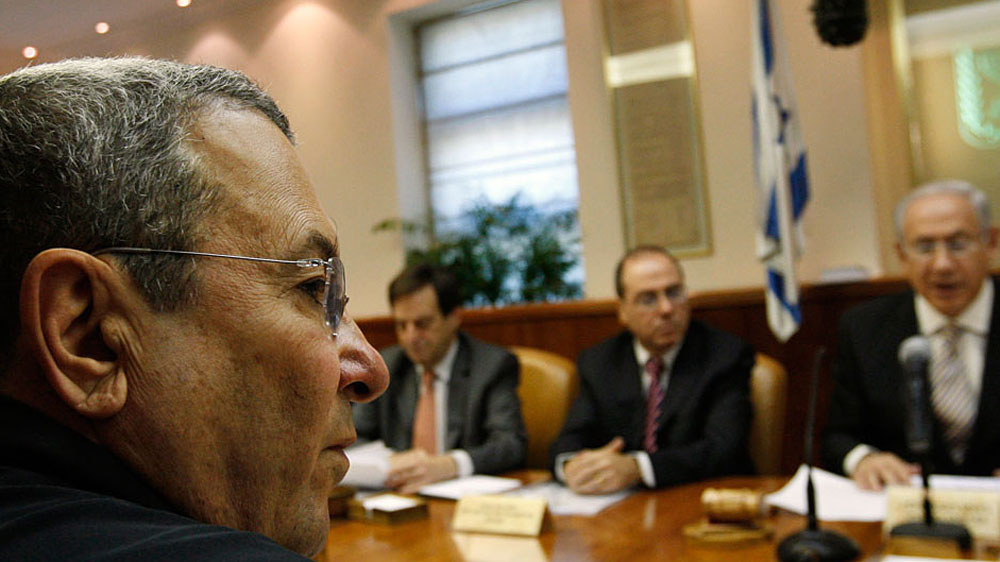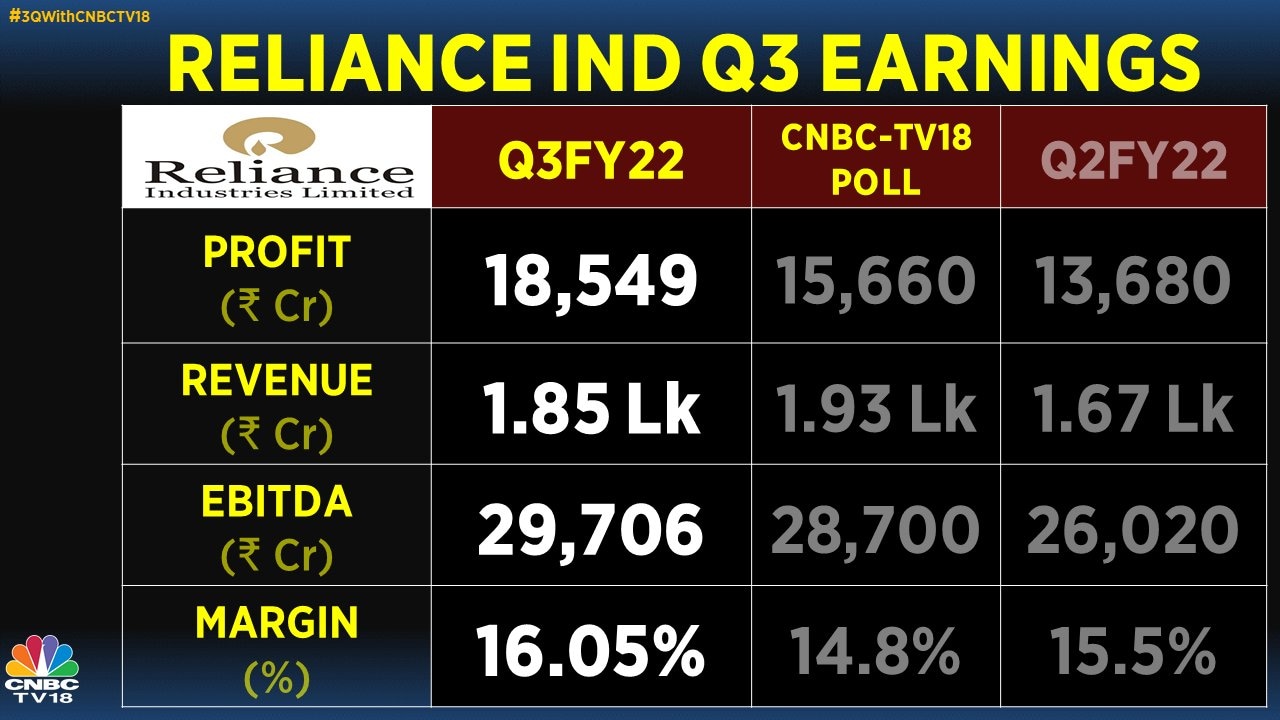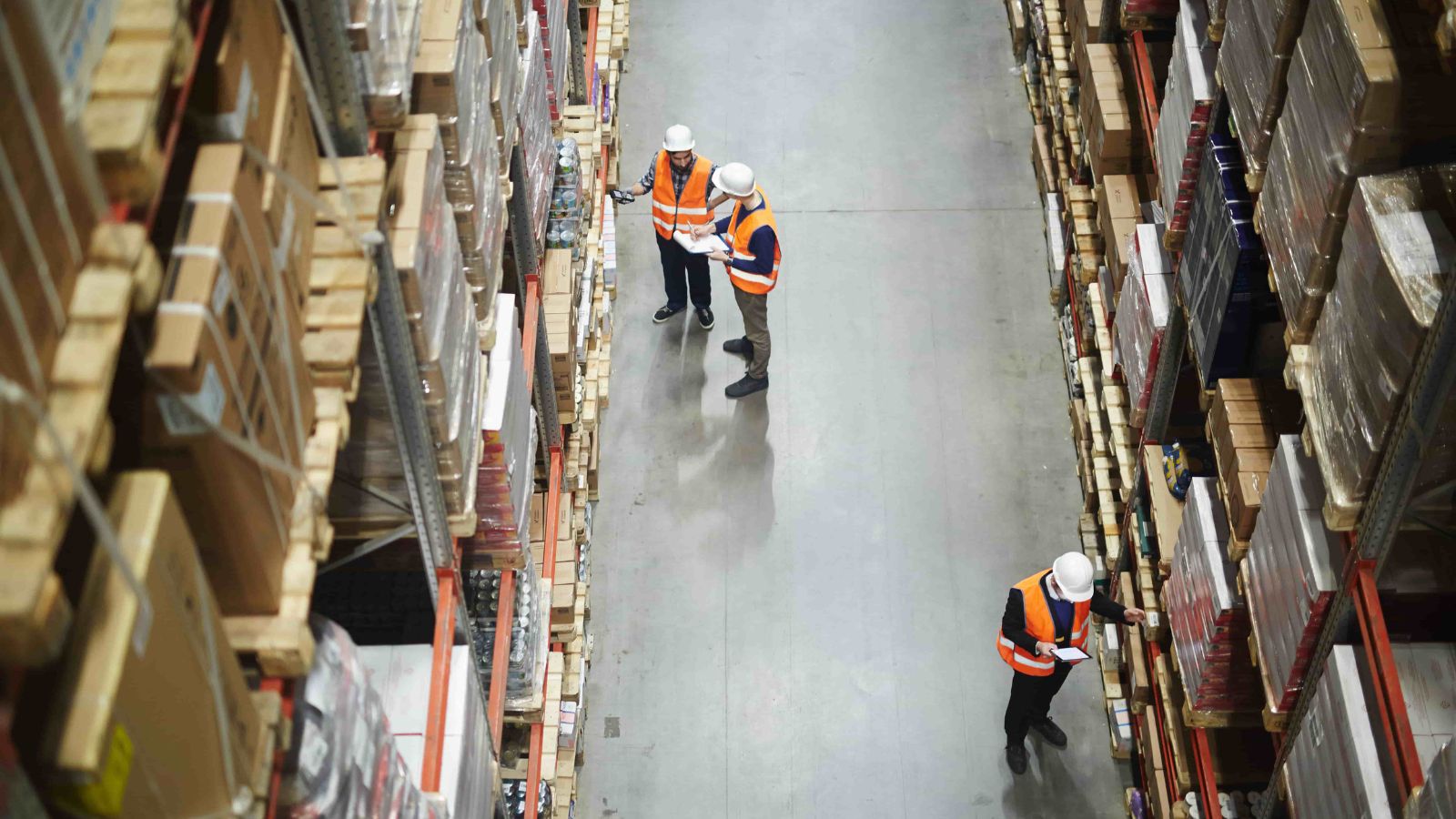Gaza Crisis: International Pressure Mounts On Israel To End Aid Blockade

Table of Contents
The Devastating Impact of the Gaza Aid Blockade
The Gaza aid blockade, imposed by Israel, has had a catastrophic impact on the lives of Gazans. The restrictions on the movement of goods and people have created a severe humanitarian crisis and crippled the local economy.
Humanitarian Crisis
The lack of access to essential resources is fueling a profound Gaza humanitarian crisis. The consequences are stark and widespread:
- Gaza food shortage: A significant percentage of the population faces food insecurity, with alarming rates of malnutrition, particularly among children. The World Food Programme reports that over half the population requires food assistance.
- Gaza water crisis: Access to clean and safe drinking water is severely limited, contributing to the spread of waterborne diseases. Many rely on contaminated water sources, leading to increased health risks.
- Gaza healthcare access: The healthcare system is overwhelmed and under-resourced, struggling to cope with the high demand due to limited access to medicine and medical equipment. Many essential medical supplies are restricted under the blockade.
- Inadequate sanitation: Poor sanitation infrastructure contributes to the spread of diseases, exacerbating the already dire health situation.
These shortages translate into daily struggles for survival, with families lacking basic necessities such as food, clean water, and medicine. The Gaza humanitarian crisis requires urgent and comprehensive intervention.
Economic Devastation
The Gaza aid blockade has had a devastating impact on the Gazan economy, pushing many into extreme poverty and unemployment.
- Gaza unemployment: Unemployment rates are among the highest globally, exceeding 50% in some estimates. This has left countless families struggling to meet their basic needs.
- Gaza poverty: Poverty rates are soaring, with a large segment of the population living below the poverty line. The lack of economic opportunities and the restrictions on trade have exacerbated the already dire situation.
- Impact on businesses: Small businesses and industries have been severely impacted, with many forced to close due to lack of access to raw materials and export limitations. The fishing industry, a crucial source of income, is severely restricted.
- Infrastructure rebuilding: The blockade severely limits Gaza's ability to rebuild its infrastructure following repeated conflicts, hindering recovery and development.
Impact on Children
Children in Gaza are particularly vulnerable to the devastating effects of the Gaza aid blockade. They face a range of challenges that impact their physical and psychological well-being.
- Gaza child malnutrition: Malnutrition rates among children are alarmingly high, leading to stunted growth and developmental delays.
- Gaza education: Access to quality education is severely compromised due to damaged schools, lack of resources, and the constant threat of violence.
- Gaza child trauma: Children in Gaza have suffered significant psychological trauma due to repeated conflicts and the harsh realities of life under blockade. The constant fear and uncertainty take a heavy toll on their mental health.
International Condemnation and Calls for Action
The international community has widely condemned the Gaza aid blockade, with numerous calls for its immediate lifting.
UN Resolutions and Statements
The United Nations has repeatedly condemned the Gaza aid blockade through various resolutions and statements.
- UN Gaza resolution: Multiple UN resolutions have called for an end to the blockade, highlighting its devastating humanitarian impact.
- UN Gaza statement: High-level UN officials have consistently voiced concern over the blockade, emphasizing the urgent need for humanitarian access.
- UN Gaza humanitarian aid: The UN has repeatedly called for increased humanitarian aid to alleviate the suffering of Gazans.
Statements from other International Bodies
Other international organizations have also expressed strong condemnation of the blockade.
- EU Gaza: The European Union has consistently called for an end to the blockade, expressing deep concern over the humanitarian situation.
- Arab League Gaza: The Arab League has strongly condemned the blockade, calling for immediate action to lift it.
- International pressure on Israel: Many international bodies are exerting pressure on Israel to end the blockade and allow for unrestricted humanitarian access to Gaza.
Pressure from Individual Countries
Several countries have actively applied diplomatic pressure on Israel to lift the blockade. These efforts range from diplomatic statements to initiatives promoting humanitarian aid. Specific examples of countries and their actions are crucial to highlight here, showing the scope of international pressure Gaza.
Israel's Justification and Counterarguments
Israel justifies the Gaza aid blockade primarily on security grounds.
Security Concerns
Israel argues that the blockade is necessary to prevent the smuggling of weapons into Gaza by Hamas and other militant groups.
- Israel security concerns: Israel claims that the blockade is essential for its national security, citing concerns about potential attacks from Gaza.
- Gaza security: Israel's perspective emphasizes the need for stringent security measures to prevent the flow of weapons that could threaten its citizens.
- Hamas: The role of Hamas in Gaza is often cited by Israel as a reason to maintain tight security control.
Counterarguments to Israeli Claims
Critics argue that the blockade is disproportionate and ineffective in achieving its stated security objectives. The impact on civilians far outweighs any supposed security benefits.
- Gaza blockade effectiveness: Studies question the effectiveness of the blockade in preventing weapons smuggling, arguing that it primarily affects the civilian population.
- Humanitarian cost of blockade: The blockade's devastating humanitarian consequences far outweigh any perceived security gains, making it an unacceptable policy.
Conclusion
The Gaza aid blockade constitutes a severe humanitarian crisis, inflicting immense suffering on the Palestinian civilian population. The growing international pressure to end this blockade reflects the global condemnation of its devastating consequences. While Israel cites security concerns, the disproportionate impact on civilians and the questionable effectiveness of the blockade as a security measure necessitate a swift and decisive response. The international community must continue to exert pressure on Israel to lift the blockade and allow for unrestricted humanitarian access to Gaza.
Call to Action: The suffering in Gaza demands immediate action. Contact your representatives, support humanitarian organizations working in Gaza (links to relevant organizations would be inserted here), and raise awareness about the devastating impact of the Gaza aid blockade. Let's work together to end this crisis and ensure that the people of Gaza receive the aid they desperately need. Demand an end to the Gaza aid blockade now.

Featured Posts
-
 Reliance Shares Post 10 Month High Following Earnings Report
Apr 29, 2025
Reliance Shares Post 10 Month High Following Earnings Report
Apr 29, 2025 -
 The High Cost Of All American Manufacturing
Apr 29, 2025
The High Cost Of All American Manufacturing
Apr 29, 2025 -
 Trump Promises Posthumous Pardon For Baseball Legend Pete Rose
Apr 29, 2025
Trump Promises Posthumous Pardon For Baseball Legend Pete Rose
Apr 29, 2025 -
 Norfolk States Diamond Johnson Earns Wnba Minnesota Lynx Camp Invitation
Apr 29, 2025
Norfolk States Diamond Johnson Earns Wnba Minnesota Lynx Camp Invitation
Apr 29, 2025 -
 Exclusive Huaweis Advance In Ai Chip Technology Challenges Nvidia
Apr 29, 2025
Exclusive Huaweis Advance In Ai Chip Technology Challenges Nvidia
Apr 29, 2025
